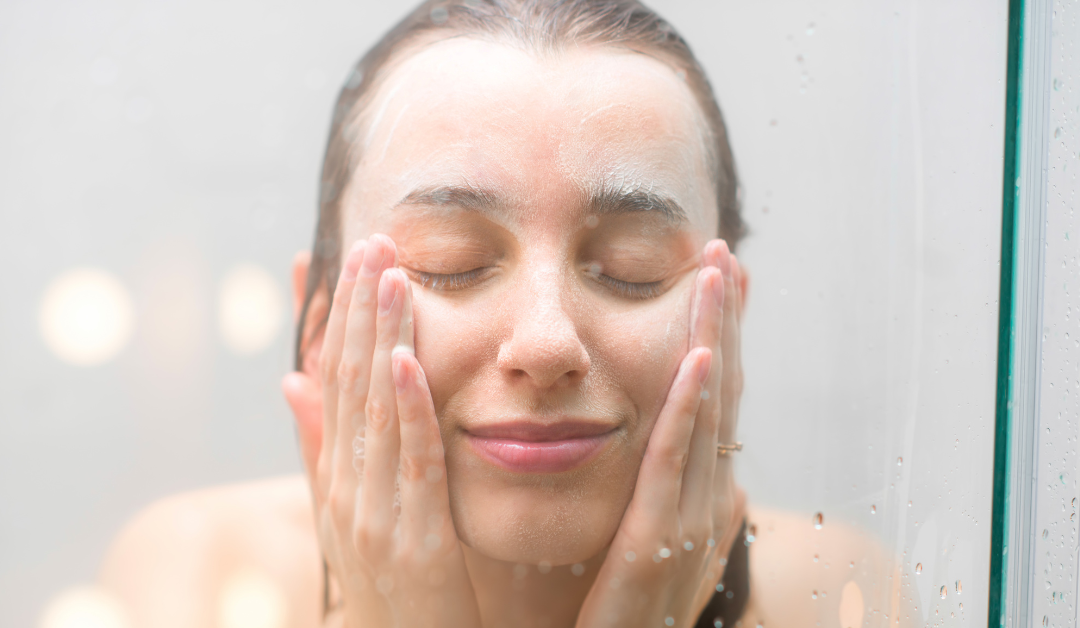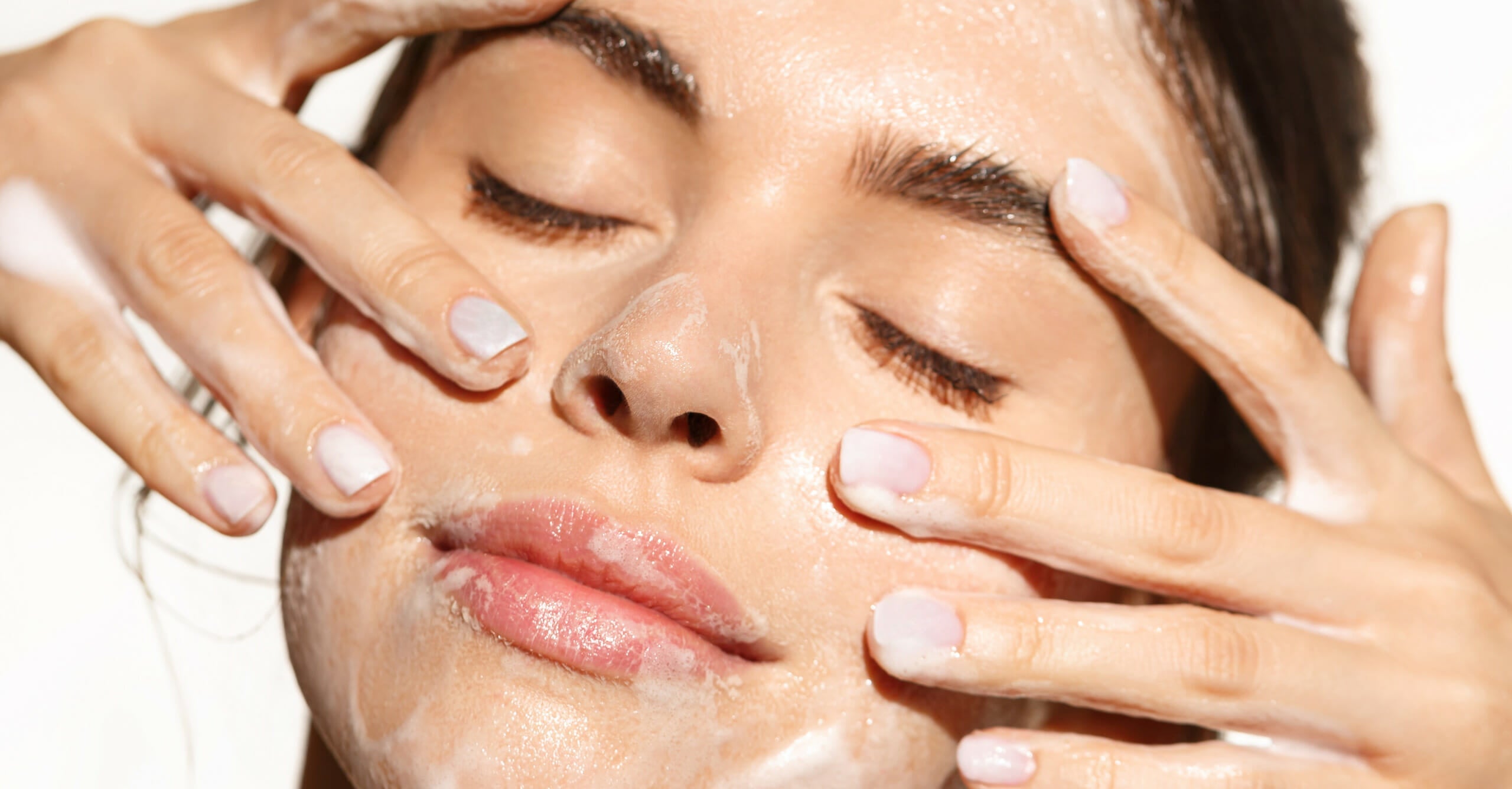How Does Acne Affect the Body? Uncovering Its Hidden Impact
Acne is more than a mere skin condition that affects millions worldwide. As a beautician, understanding how does acne affect the body is crucial not only for your clients but also for your overall professional development. Acne can interfere with many aspects of a person's life, both physically and emotionally. This article will delve into the multifaceted ways acne impacts the body, shedding light on its effects beyond the skin.
The common narrative surrounding acne often centers on its visible manifestations, like pimples, zits, and blemishes. However, its implications stretch far deeper into the body, affecting not just skin health but also psychological well-being, hormonal balance, and even gut health. Addressing these interconnections can inform your practice and help in devising more effective treatment plans for clients suffering from acne.

Physical Effects of Acne on the Body
Acne's impact goes beyond superficial appearances. Here are some of the primary physical effects:
Inflammation
One of the most immediate consequences of acne is inflammation. When pores become clogged and bacteria proliferate, the body reacts with an inflammatory response. This can lead to:
- Swelling around areas of the skin with active breakouts.
- Increased redness and irritation in affected regions.
- Potential for scarring if inflammation persists over time.
Hormonal Fluctuations
Acne is often tied to hormonal imbalances, especially during puberty, menstrual cycles, or hormonal therapy. Considerations related to hormones include:
- Androgens contribute to increased oil production in the skin, leading to acne.
- Hormonal changes can stimulate sebaceous glands, exacerbating the condition.
Gut Health Connection
Recent research suggests a link between gut health and skin conditions, including acne. Factors to consider include:
- An imbalance in gut bacteria may lead to systemic inflammation.
- Consumption of certain foods can either promote or combat acne due to their effects on the gut microbiome.
The Psychological Impacts
Beyond physical effects, acne can take a toll on mental health as well. Beauticians should remain aware of both the emotional and psychological impacts:
- Many patients experience low self-esteem and feelings of shame due to their skin.
- Social anxiety can result from fears of being judged based on appearance.
- In some cases, severe acne can lead to clinical conditions such as depression or anxiety disorders.
Acne's Connection to Other Skin Conditions
Acne is often interconnected with various skin conditions. Recognizing these relationships can aid in providing more thorough care. Some relevant connections include:
Psoriasis
This chronic autoimmune condition can coexist with acne, leading to complicated treatment regimens. You can read more about what kind of doctor treats psoriasis here.
Eczema
Some individuals may experience flare-ups of eczema in conjunction with acne, especially in stress-prone skin. Understanding how to diagnose these conditions is a skill every beautician should hone. For more details, check out diagnosing psoriasis.
Management Strategies to Minimize Acne Effects
While acne can have profound effects on the body, various management strategies can mitigate its impact:
Topical Treatments
Over-the-counter (OTC) treatments usually contain either benzoyl peroxide or salicylic acid. A beautician should:
- Evaluate the skin type and choose the right products.
- Recommend treatments to minimize bacteria and inflammation.
Diet and Hydration
Encouraging clients to maintain a balanced diet is essential. Research indicates the importance of hydration and dietary choices. You can read about various acne remedies here.
Professional Treatments
Utilizing advanced treatments that might include chemical peels, laser therapy, or extractions can benefit patients. Ensuring you stay informed about best practices through continuing education is essential.

Frequently Asked Questions
Does acne affect only the face?
No, acne can appear on various parts of the body, including the back, shoulders, and chest.
Can diet influence acne breakouts?
How long does it typically take for acne treatments to show results?
Results may vary, but many topical treatments take at least 4-8 weeks to begin showing improvements.
Understanding the intricate connections of acne and its effects is essential for any beautician. Stay informed and proactive to help your clients effectively manage their skin health, both physically and emotionally.
For more information on body acne specifically, visit the Cleveland Clinic here.

